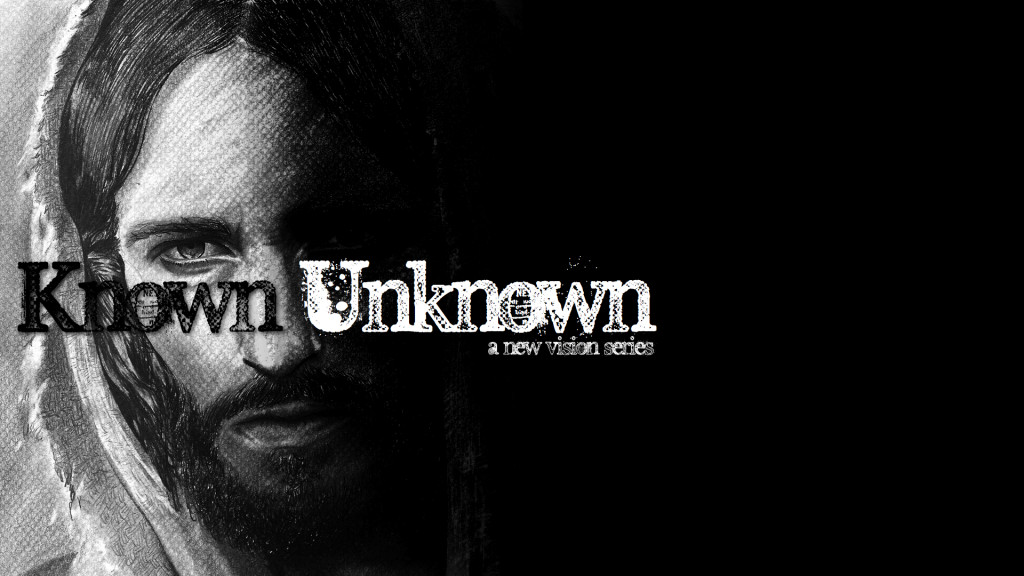According to Jesus’ parable of the Sheep and the Goats the answer is no and yet also surprisingly yes.
The Parable of the Sheep and the Goats
You’ve heard this parable right? Pastors often share it when imploring followers of Jesus to help their fellow man. In Matthew 25:31-46, we read
When the Son of Man comes… All the nations will be gathered before him, and he will separate the people one from another as a shepherd separates the sheep from the goats.
To those on his right he says,
‘Come, you who are blessed by my Father; take your inheritance, the kingdom prepared for you since the creation of the world. For I was hungry and you gave me something to eat, I was thirsty and you gave me something to drink, I was a stranger and you invited me in, I needed clothes and you clothed me, I was sick and you looked after me, I was in prison and you came to visit me.
The righteous are shocked. They ask,
Lord, when did we see you…
He answers,
I tell you the truth, whatever you did for one of the least of these brothers of mine, you did for me.
The King then turns to those on his left and pronounces the opposite judgement with a similar pattern. They are cursed and sent away to the eternal fire because when they did not do it for them they did not do it for him.
So what is the meaning of the parable? All sorts of explanations have been offered but the most common interprets the sheep and the goats as true and false Christians and the brothers of Jesus as the needy of this world. The point of the parable is therefore to encourage believers to lend a helping hand because in doing so they unknowingly lend a hand to Jesus.
Its a great application. But is it really what the parables about?
Who are Jesus’ brothers?
The parables’ interpretation hinges on the identity of Jesus’ brothers. While it is true that at least some of these “brothers” are in need, their need does not define them. The need simply identifies them as the “least.” Jesus, in Matthew 12:48, has already made known the identity of his “brothers.”
Who are my mother and my brothers?” Then pointing to his disciples, he said, “Here are my mother and brothers. For whoever does the will of my Father in heaven is my brother and sister and mother.
His brothers are His followers.
Who are the Sheep and the Goats?
It doesn’t make sense than to say that the sheep and the goats are likewise Christians, followers of Jesus. You would think at least the sheep as “true believers” would recognize their Lord in helping those who likewise followed Him. They’ve heard this parable right? But its significant that neither the sheep nor the goats recognize the Son of Man.
The parable identifies the sheep and goats as the gathered nations or gentiles. And in Matthew 18:17 gentiles means outsiders.
If he refuses to listen to them, tell it to the church. And if he refuses to listen even to the church, let him be to you as a Gentile and a tax collector.
Thus it appears that the sheep and the goats collectively represent all those who in the days prior to the kingdom did not knowingly follow Jesus. The nations are all those who have not recognized the Son of Man.
The Inclusive Jesus
The message of the parable thus appears to be the exact opposite of the one we’ve grown accustomed to. Here, Christians are not blessed for serving the needy of the world. Instead non-Christians are blessed for serving needy Christians.
Its a comforting message that should not be carried too far. Salvation is still found only in Jesus. But the parable likewise indicates that its possible in some sense to unknowingly serve Jesus. Because He loves His family, He loves those who have loved them. The promise given to Abraham is now extended to Christ’s followers.
I will bless those who bless you, and him who dishonors you I will curse…
Such a message should comfort all those who have seen loved ones die without explicitly acknowledging Jesus. The parable teaches that in the end Jesus will be good to those who have been good to his people.
What do you think?

















Pingback: All New Posts @ All New Site! | Logos Made Flesh
Pingback: Logos Made Flesh has Moved! | Logos Made Flesh